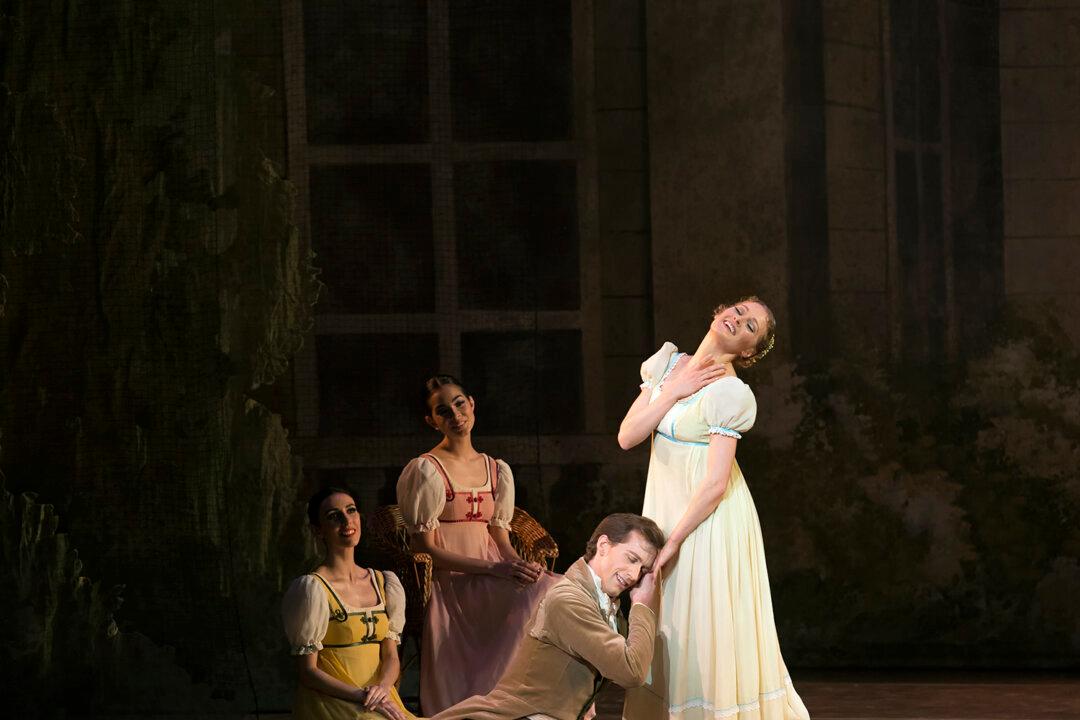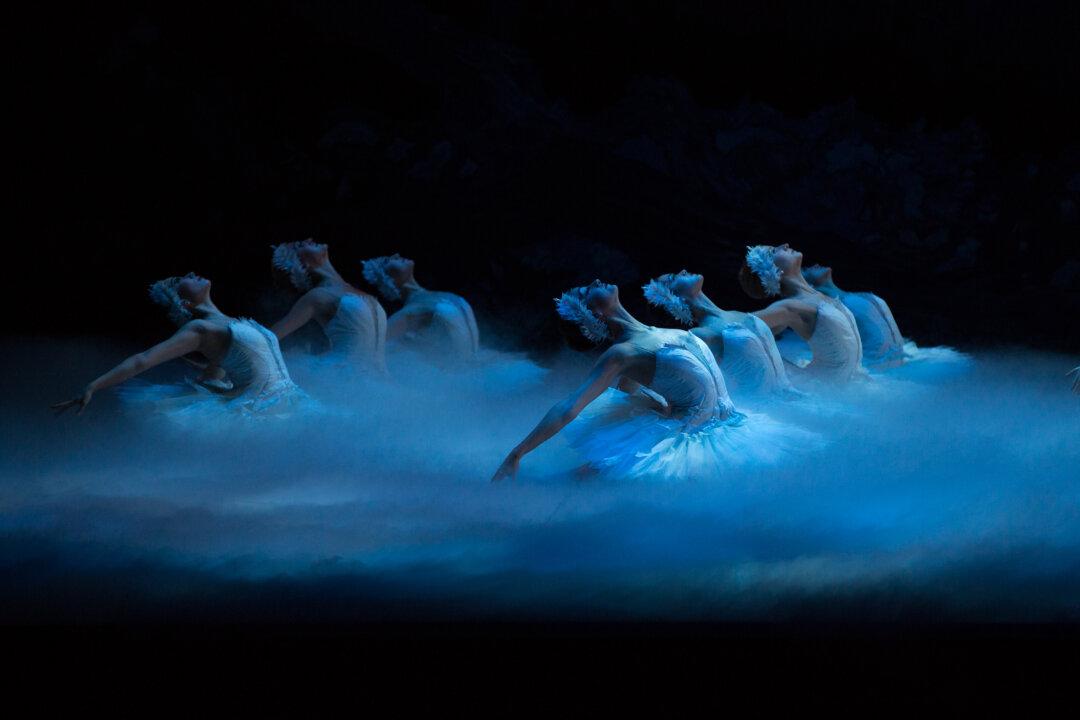A harrowing tale of unrequited love, the ballet “Onegin” by choreographer John Cranko is full of opportunities missed and tragic action taken. Boston Ballet is bringing the well-loved work back to the stage for the first time in 14 years, but at first glance this meditation on 19th-century Russian society seems to have little to do with the realities of life in the digital age. What accounts for its ability to hold audiences in its grip and leave them wanting more? In other words, what makes it great?
Based on the verse novel by Alexander Pushkin, the ballet tells the story of four characters: Eugene Onegin; his friend Lensky; Olga, Lensky’s fiancée; and her sister Tatiana. When Tatiana, a naïve young girl, meets Onegin, a jaded aristocrat, she falls under his spell and writes him a passionate love letter. He rejects her love and begins to flirt with Olga at a family party.


